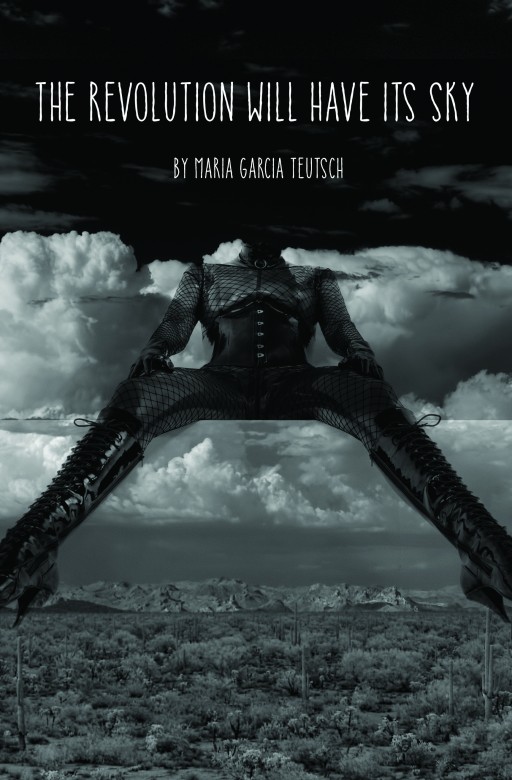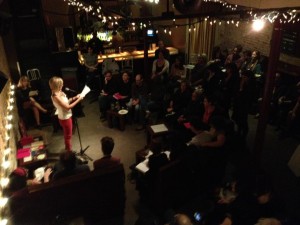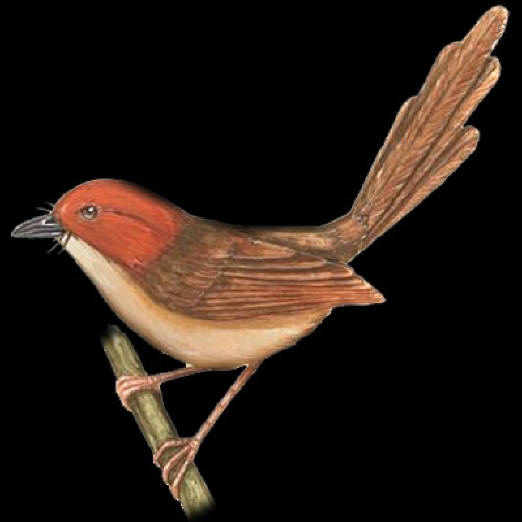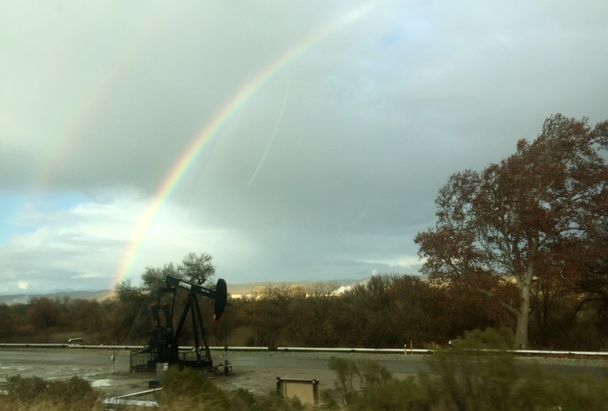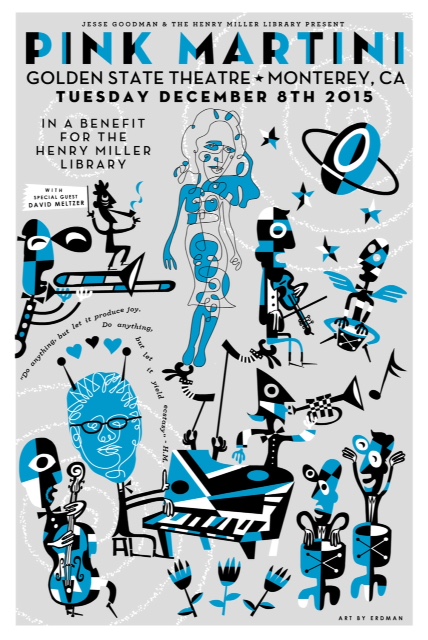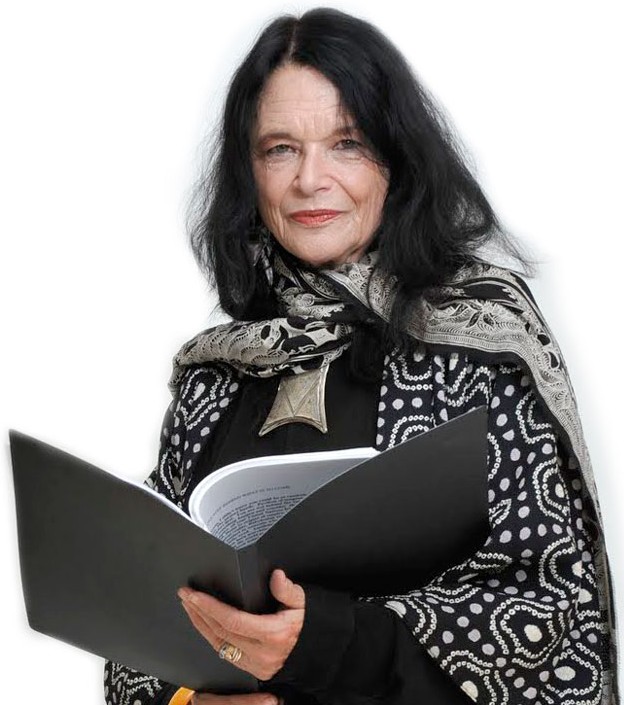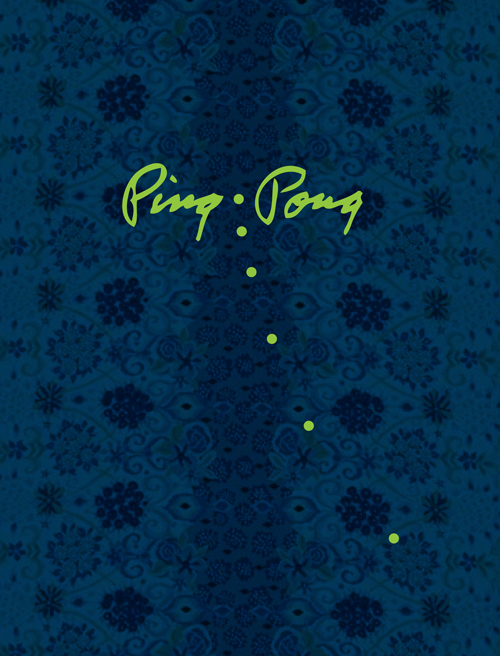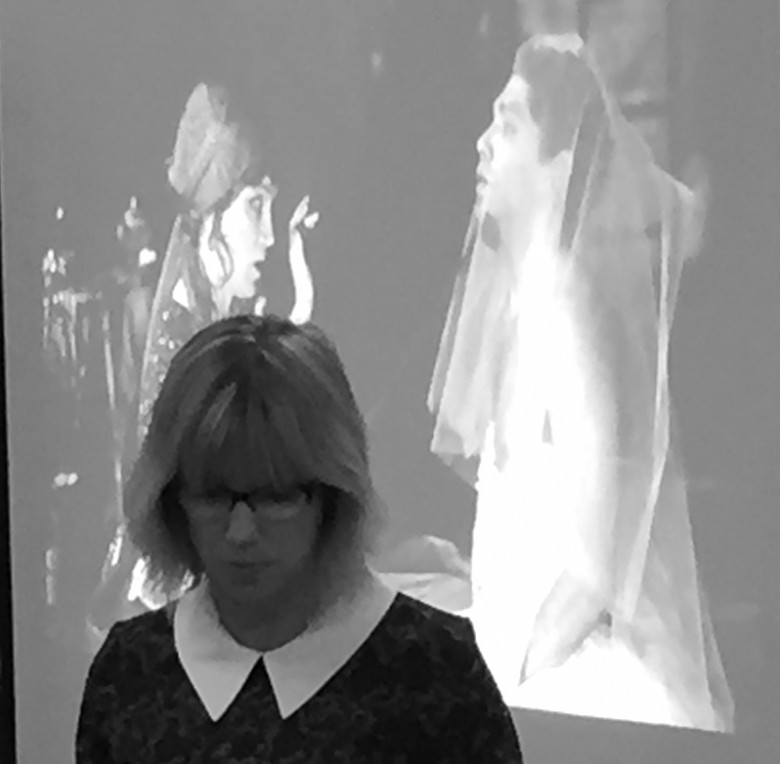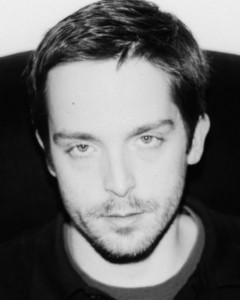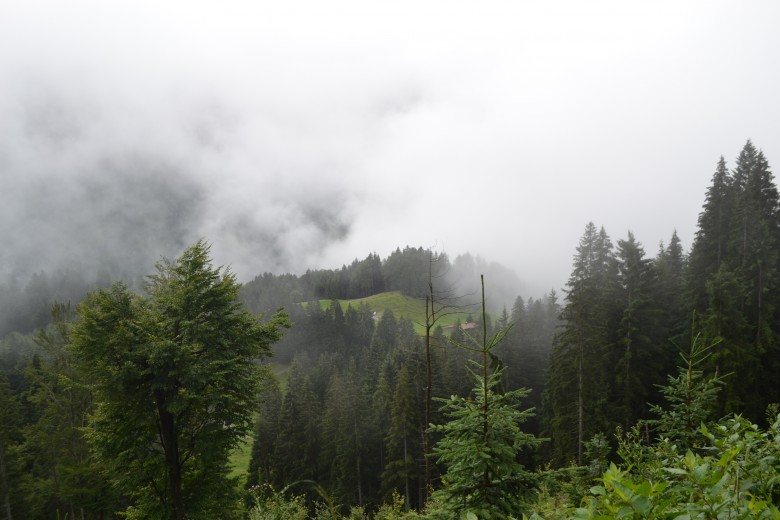Attention revolutionaries in Venice Beach, Portland, Oregon, Los Angeles, and New York City!
I will be traveling all over in the next two months reading poems to start a revolution from my award-winning collection, The Revolution Will Have its Sky, chosen by Heather McHugh as the Minerva Rising 2015 chapbook winner. I will also be reading from my American Dissident chapbook, forthcoming in the 2016 edition of Poetry International.
March 11th, Beyond Baroque, Venice Beach, California
March 16th, Unchaste Reading Series, Portland, Oregon
March 31st, Coagula Curatorial, AWP off-site reading
April 15th, Ping-Pong Free Press launch, Howl! Happening, NYC
April 17th, Page Poetry Parlor, Torn/Page Residence, Chelsea, NYC
Check my calendar here for details!

